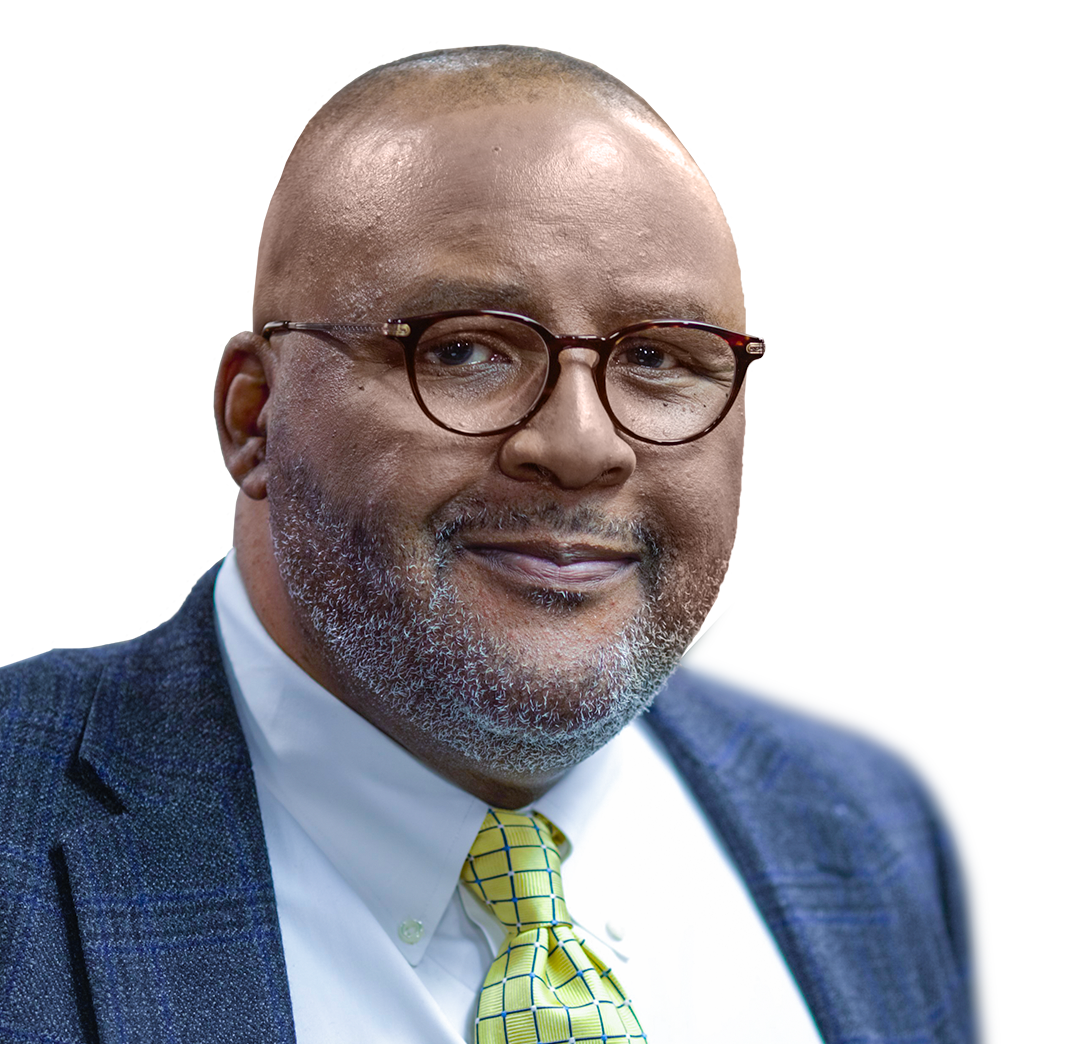Frequently Asked Questions
-
The most common type of reverse mortgage is the home equity conversion mortgage (HECM) and is highly regulated and insured by the Federal Housing Administration (FHA). It's a financial tool that allows homeowners 62 and older to cash out the equity in their home without the requirement of a monthly loan payment. Homeowners must continue to pay property taxes, homeowners' insurance, and maintain the home.
-
Unlike traditional home mortgage loans, a reverse mortgage provides homeowners with payouts from their equity as a loan in the form of a lump sum, fixed monthly payments, a line of credit, or a combination of the three. The loan is due and payable using the proceeds of the sale of the home or the proceeds from a refinance when the last borrower or eligible non-borrowing spouse moves out of the house or passes away.
-
As a government-insured and federally regulated mortgage loan, there are several important requirements borrowers must meet to qualify, including the following:
- You must be at least 62 years old.
- You must own your home.
- The home must be your primary residence.
-
A reverse mortgage loan comes with a few basic obligations that must be met once you start receiving funds. These include the following:
- Pay ongoing property taxes, insurance, and any homeowners’ association dues, if you belong to an HOA.
- Pay home maintenance costs.
- Keep the home as your primary residence.
-
Reverse mortgage funds may be used however you would like. There are no restrictions on how the money may be used. Some common uses include supplementing monthly income, paying for home renovations or upgrades, or simply as an additional safety net for unplanned expenses.
-
Your children may still receive an inheritance. After the home is sold and the reverse mortgage loan is paid back to the lender, any remaining equity will go to your heirs. There are no other assets used to secure the loan other than the home.
-
The costs of a reverse mortgage can vary depending on the type of loan and the lender, but generally they include an origination fee, mortgage insurance premiums, closing costs, and interest on the loan. These costs can be financed as part of the loan, which means the borrower does not have to pay them upfront.
-
One common misconception about reverse mortgages is that the bank owns the home. Just like with a traditional mortgage, the home belongs to you as long as you meet the mortgage loan requirements.
-
A reverse mortgage can be used to purchase a different home if you are looking to downsize or upsize. This is known as a HECM for purchase. Using a HECM for purchase to purchase a home allows you to obtain a new home without having to take on monthly mortgage payments. You are still required to pay property taxes, insurance, any HOA dues (if applicable), and maintenance costs.

